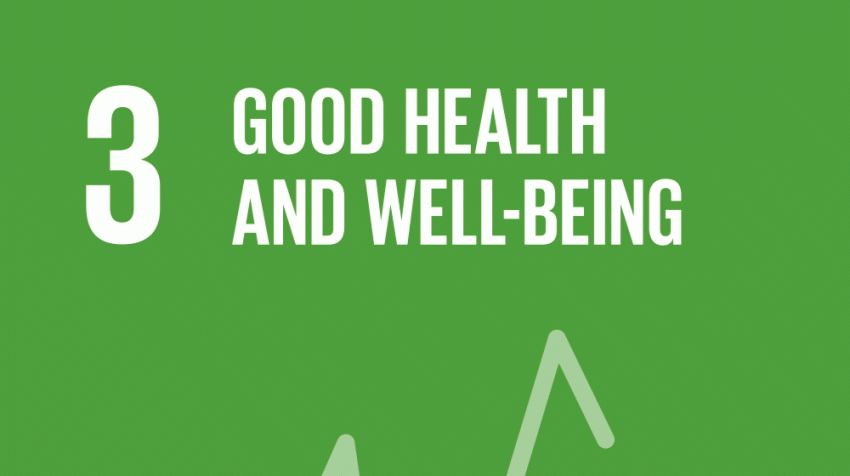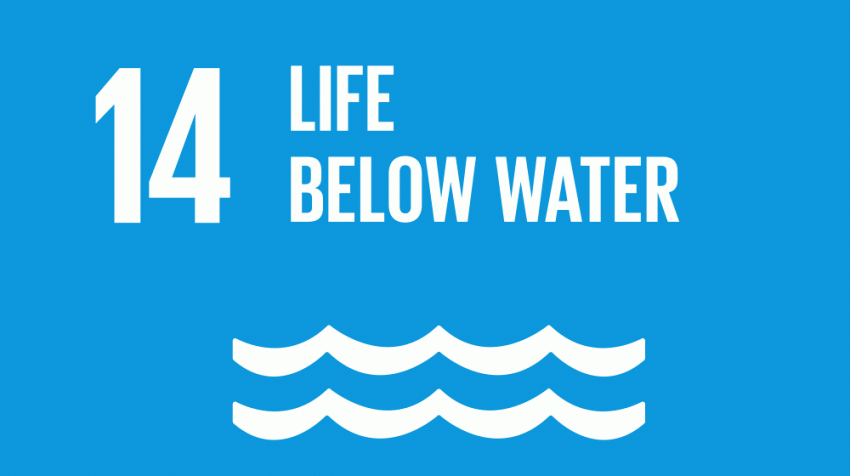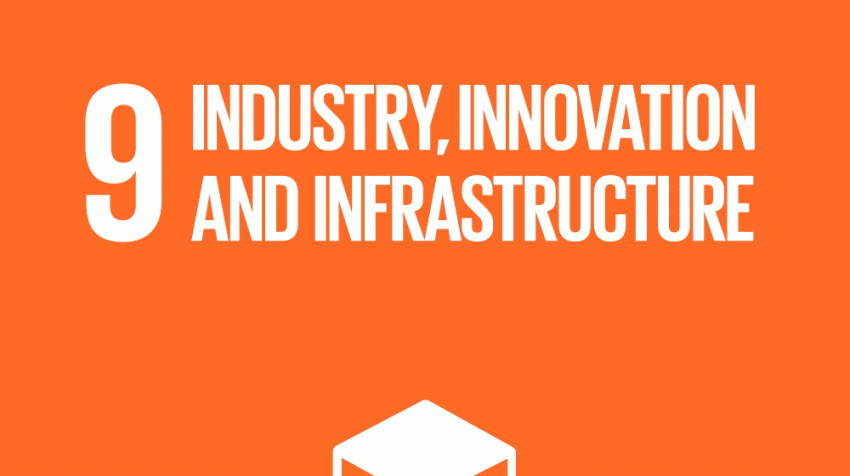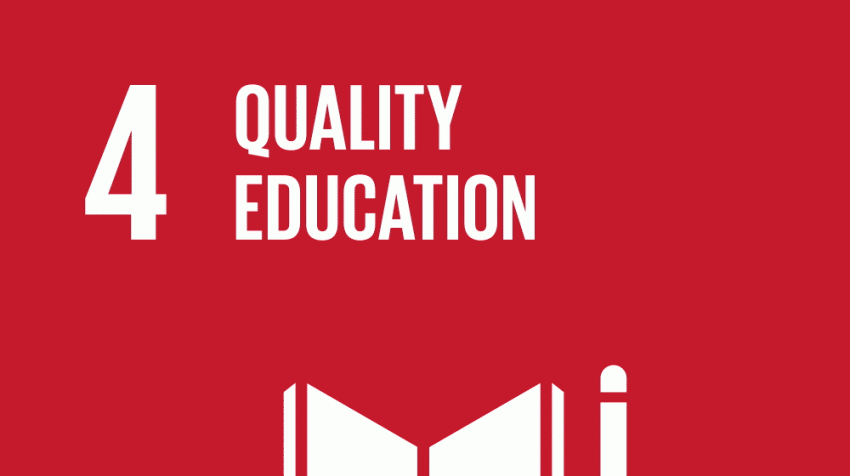
Goal 3—The SDGs and a Healthier 2030
Health is fundamental to human development. All people, regardless of social status, consistently rank good health as a top priority, and healthy people are critical to sustaining societies. It is therefore not surprising that four of the eight Millennium Development Goals (MDGs) directly relate to health.

Goal 14—Conserve and Sustainably Use Oceans, Seas and Marine Resources for Sustainable Development
As the General Assembly of the United Nations considers the recommendations of the Open Working Group (OWG) on Sustainable Development Goals (SDGs), it is essential that SDG 14 on oceans, seas and marine resources retains a central place in the post-2015 development agenda.

Goal 9—A Sustainable Future of Infrastructure
Many of the proposed sustainable development goals (SDGs) will require solid, functional and sustainable infrastructure if they are to be reached. Reliable forms of energy, the availability of potable water, education, safety and security, social and economic services—all of these are made possible through resilient infrastructure.

Goal 4—Education in the Post-2015 Sustainable Development Agenda
As the intergovernmental process moves forward at the United Nations in New York and in anticipation of the adoption of the post-2015 development agenda at the Special Summit in September 2015, the international education community is preparing the groundwork to support the operationalization of the future education agenda at the country level.

Conference Diplomacy and the World's Growing Commitment to Sustainable Development
While international negotiations are State-driven, other actors such as observer States, international organizations, non-governmental organizations, industry and civil society have also found an equal voice in the adoption and shaping of international treaties.

Conference Diplomacy at the United Nations and the Advancement of Indigenous Rights
There is no question that the presence and collaboration of indigenous peoples at the United Nations has gained significant prominence in the past few decades as a result of conference diplomacy.

The Power of Peace Diplomacy between the Congress of Vienna and the Paris Treaties 1919
To what extent is peace a value in itself and must one at times forfeit something in return for peace? How far do we go in the name of peace? Can our peace mean war for others? In other words, though there are many claims for peace, it remains a contested concept.

Two Centuries of Diplomatic Interpreting: From Top Hat To Short Sleeves Diplomacy
Over the last two hundred years, diplomatic interpreting has evolved quite significantly, due to changes in the world's geopolitical landscape, new political settings and technical revolutions which have vastly modified transportation and communications systems.

The Use of Conference Diplomacy in Conflict Prevention
What lessons can be drawn from this brief overview of the practice of conference diplomacy? Certainly, whereas early conferences eschewed any notion of sovereign equality, there is now the presumption that general peace conferences must include representation from all relevant States (and often non-state actors as well).

The Charter of the United Nations and the Challenges of the International Association of University Presidents
The primary purpose of IAUP is to strengthen the international mission and quality of higher education worldwide. IAUP offers a regular forum for higher education leaders and institutions to identify and discuss in a global and cross-cultural context the major issues and challenges facing institutions of higher learning today.

The United Nations and Disarmament Treaties
The very first resolution of the General Assembly of the United Nations, in January 1946, addressed the problems raised by the discovery of atomic energy. Despite civil society's efforts, led by scientists and women's peace organizations, leaders of the United States and the Soviet Union rejected measures to curb nuclear ambitions.

Conference Diplomacy from Vienna to New York: A Personal Reflection
Conference diplomacy is not just one of the most powerful multilateral instruments to peacefully address questions related to post-conflict balance of power. It is today also the major tool in addressing global problems, identifying innovative solutions and engaging in groundbreaking strategies for the sake of millions of people.
